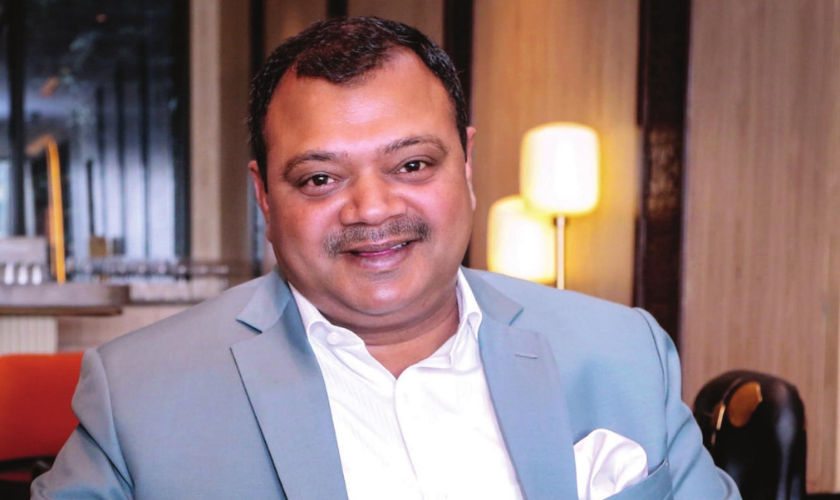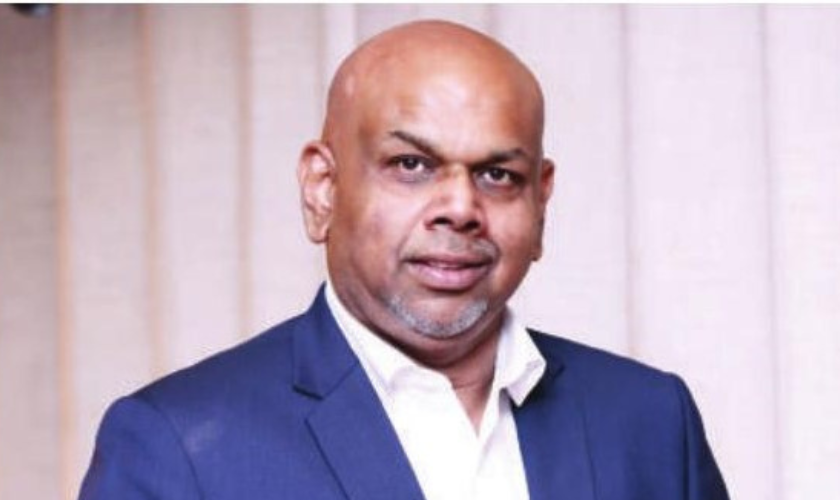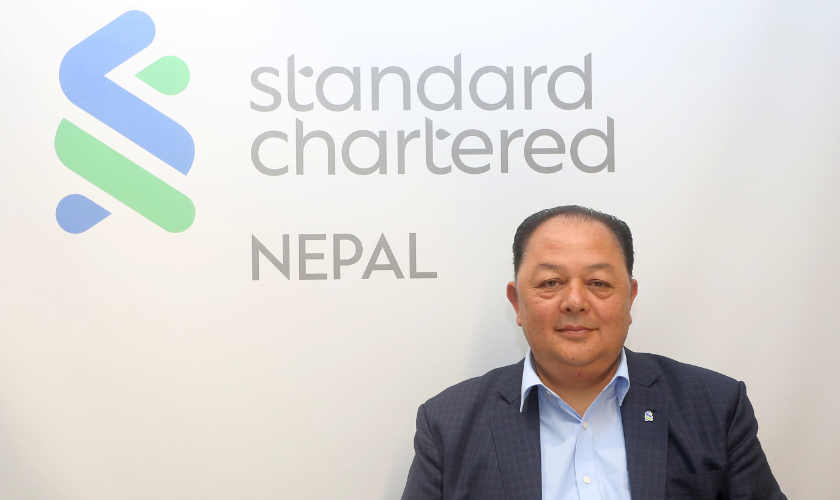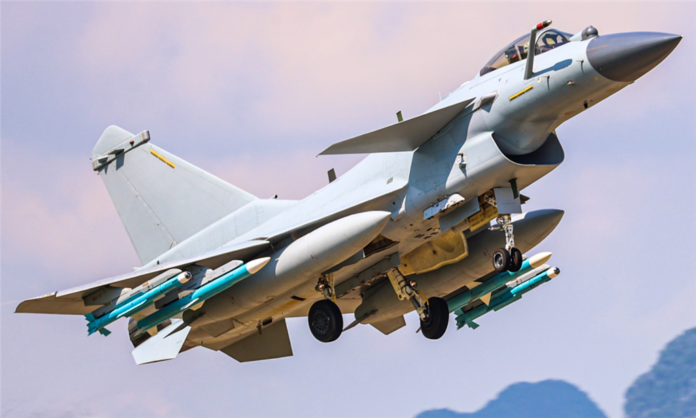Jiba Lamichhane has been involved in business in various countries including Russia, United Arab Emirates and Nepal. It has been two years since he has been coordinating the International Coordination Council of NRNA (Non-Resident Nepalis Association). NRNA is going to elect a new executive committee from the new General Meeting which is going to be held this month. In this context, Janardan Baral of The Corporate spoke to him regarding the evaluation of his tenure and future plans of NRNA in Nepal. Excerpts:
How do you assess your two years’ tenure?
I think it would be good to evaluate my contribution from others. As a whole, I can say we have started some good initiatives. I am committed to fulfill my promises which I had made to my friends while declaring my candidacy for NRNA. I have succeeded to implement some of my plans. Expected results have been achieved in some plans, especially in creating a mutual fund and starting social projects in Nepal. We have been in discussion with political parties to sort out the dilemma of dual citizenship and discussions are moving in a positive direction. I am sure that our concern of dual citizenship would have been addressed if a new constitution was promulgated through the Constituent Assembly Election of 2008. We could not complete some tasks though we were very eager to. Registration of NRNA is one among them. Unfortunately, we could not register the NRNA in Nepal.
Though mutual investment was in your priority, it could not yield any tangible result. Why?
We have already started work towards this end. We have registered a company with Rs 5 billion authorized capital in the last year. Non-Resident Nepalis (NRNs) have invested Rs 1 billion in the company after we invited them to invest. We will add capita as per need in the company.
NRNs from developed countries are often blamed that they want credit by using remittance earned by those who work in Gulf countries. What is your say?
I do not agree with this point. I am not convinced that the mutual investment plan of NRNA has failed. NRNs from all walks of life have invested in the company. There is investment from gulf countries as well as from other countries. I am so upbeat that many friends are enthusiastic to invest in the company. It will continue if we can start some positive initiatives.
You have always underlined the importance of NRN investment for the development of the country. But there is no visible progress so far.
I have put the mutual investment plan in special priority which has been the main agenda since the establishment of the NRNA. I have been saying that NRNs are yet to reach the position in which they can contribute miraculously to the development of the country. The new generation has been struggling to establish themselves abroad. We should not expect much from NRNs who are struggling to establish themselves abroad. Investment has been made from NRNs who have the capacity to invest individually. For instance, Shesh Ghale has already started investment in a five star hotel in Kathmandu. Investment is a process which continues forever. I request all to see the initiatives from NRNs in a positive light.
You have also announced to start a 100MW hydropower project. What progress has been made so far?
We have started to invest in the hydropower sector through NRN Investment Limited which was established using capital from NRNA. NRN Investment Company has taken stake of a majority of shares of the 27MW Dordi Khola hydropower project in Lamjung. We have decided to complete this project in partnership with entrepreneur Chandra Dhakal. We have been studying the possibility to start other projects.
Yet, the trust and belief of Nepali people to the NRN has declined. How do you view the situation?
Trust and belief towards NRNs has not declined; rather it has increased. In recent days, NRNA has received recognition from the government and other agencies. There is organizational representation of NRNs in some crucial agencies including Nepal Investment Board and Economic Advisory Council of the Prime Minister. I have found that all have accepted the NRNA in a positive manner.
There’s visible scuffle for leadership in NRNA. Who do you want to come as your successor?
It is natural that many friends have expressed their interest to assume leadership. And, many friends are able to take the responsibility. I wish for a leadership that can continue the good image of NRNA. The network of NRNA has been expanding – we have been successful in expanding our network to 65 countries. I want a new leadership with the commitment to run such a huge organization in an efficient manner. I will be neutral during the election. The candidate will be selected through a democratic process.
Does the NRNA get blamed for turning a cold shoulder to problems faced by migrant workers in Gulf countries?
All migrant workers are also NRNs. They have been facing so many problems but we alone cannot solve their woes. Our duty is to find the root cause and take initiative to reduce the problems. We have always prioritized migrant workers’ rights and we have been working through our welfare fund to safeguard rights of migrant workers.
NRNA has not been registered thus far. Can the organization go ahead without a legal status?
It is unfortunate that the organization has not got registered even though it has branches in 65 countries. We have applied six times for registration. The main reason for not being able to register is the contradiction in the statute of the NRNA and NRN Act 2064 B.S. Registration will be our main priority in the future and all sides are positive about this.













